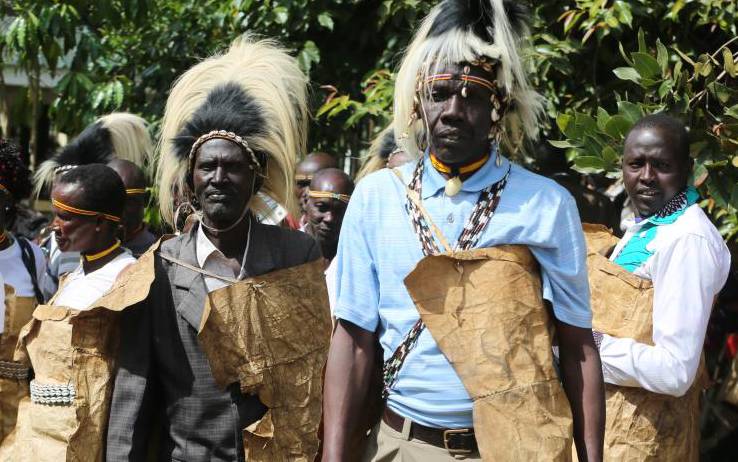×
The Standard e-Paper
Home To Bold Columnists

Sengwer community from Embobut forest in Elgeyo Marakwet County after hearing of their land case at the Eldoret Environment Court yesterday. The land was gazetted as public land some years back. [Peter Ochieng' Standard, Standard]
The Sengwer have a right to live in Embobut Forest, lawyers representing the minority community told court in a case that has been going on since 2013.